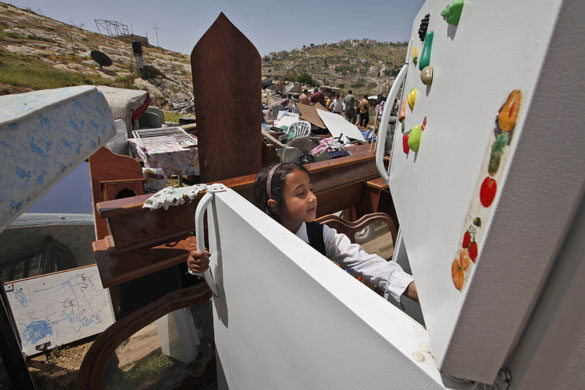I recall being far too young to comprehend the horror that had unfolded at l'École Polytechnique de Montréal. December 6, 1989 was no ordinary Sinterklaas holiday—14 women were slain, just for being women. Such a calamity evoked an appropriate response: outrage. In 1991, Parliament established December 6th as the National Day of Remembrance and Action on Violence Against Women. Candlelight vigils publicize the issue and help ease the pain, but the spectre of violence against women continues to rise like an insurmountable peak. This, despite awesome projects, organizations, laws, and rights.
What stymies it all seems to be escape clauses, e.g., female ski jumpers cannot compete in the 2010 Olympics and embedded attitudes, e.g., The Daily Telegraph. Acquaintance rape suggests primitive exertion of power as the cause, which in a worst case scenario presents like this. Of course, greed’s a prime suspect, and human trafficking results in modern-day slavery.
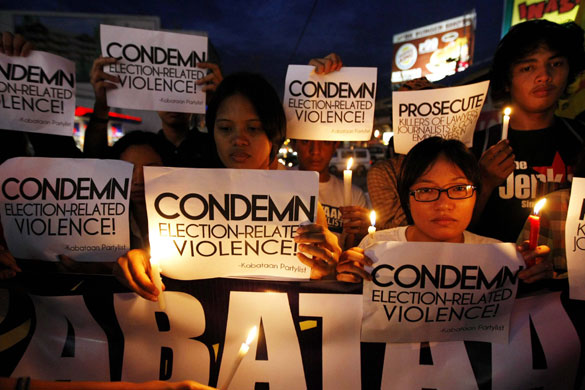
At a basic level women represent social stability; thus, public rape inspires terror when conventional means such as assassinations only numb the populace. Such horrors frequently are so horrific that their full extent takes decades to be revealed.
Perhaps the world needs more Carol Rosenbergs (she belittled a U.S. naval commander) but I doubt it, no matter how refreshing; however, the world does need more Malalai Joyas, a secret teacher during the Taliban’s reign, an MP, and activist. Henry Maudsley, a nineteenth century psychiatrist, stated, “The sorrow which has no vent in tears may make other organs weep.” Perhaps we need a good cry, or some method of catharsis (Lepine blamed an abusive father). Yes, and more: Susan Fiske’s latest research examines the source of stereotypes. She found that sexualized images of women shut down the part of the male brain associated with empathy. Eugene Caruso and Kerry Kawakami also examine implicit bias in their research.
In addition to greater insight, people need to openly discuss this issue rather than bury victims in shame. Countries, such as Somalia and Afghanistan, receive much coverage for their oppression of women, but Canada’s staggering rape statistics (half-way down the page) escape scrutiny, a black eye for our “progressive” society. Although no simple solutions exist, saying, “Hi,” holding a candle high, and discussing the issue (more than once a year) will banish stigma.












 Obama’s impact remains difficult to quantify and depends largely on the method of evaluation: Do you take into account the scale and multiplicity of the tasks? or Do you just tally failures and successes? What is certain is that his speeches, which rouse such deep emotions, lose more credibility with each failure, since failures include both failed accomplishments and the failure to adhere to ideals outlined in his speeches. Obama has gained some ground
Obama’s impact remains difficult to quantify and depends largely on the method of evaluation: Do you take into account the scale and multiplicity of the tasks? or Do you just tally failures and successes? What is certain is that his speeches, which rouse such deep emotions, lose more credibility with each failure, since failures include both failed accomplishments and the failure to adhere to ideals outlined in his speeches. Obama has gained some ground  in his reform of health-care, although the bill
in his reform of health-care, although the bill 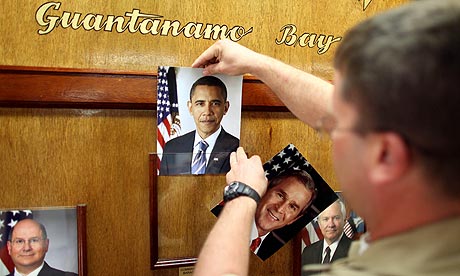 Guantanamo, the flagship of panic-induced decisions by
Guantanamo, the flagship of panic-induced decisions by 

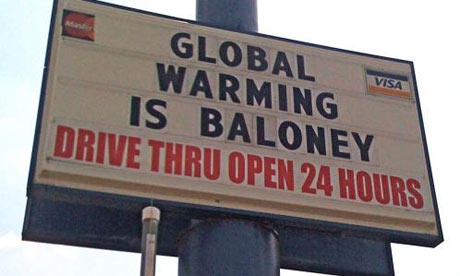
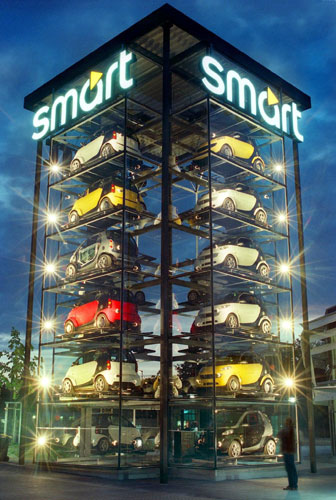 Designers frequently get pitted against clients who feel ignored. The great exception seems to be the world of high fashion, where anything-goes. (Thanks to Can West for
Designers frequently get pitted against clients who feel ignored. The great exception seems to be the world of high fashion, where anything-goes. (Thanks to Can West for 
 Scrict scrutiny of Obama
Scrict scrutiny of Obama 

